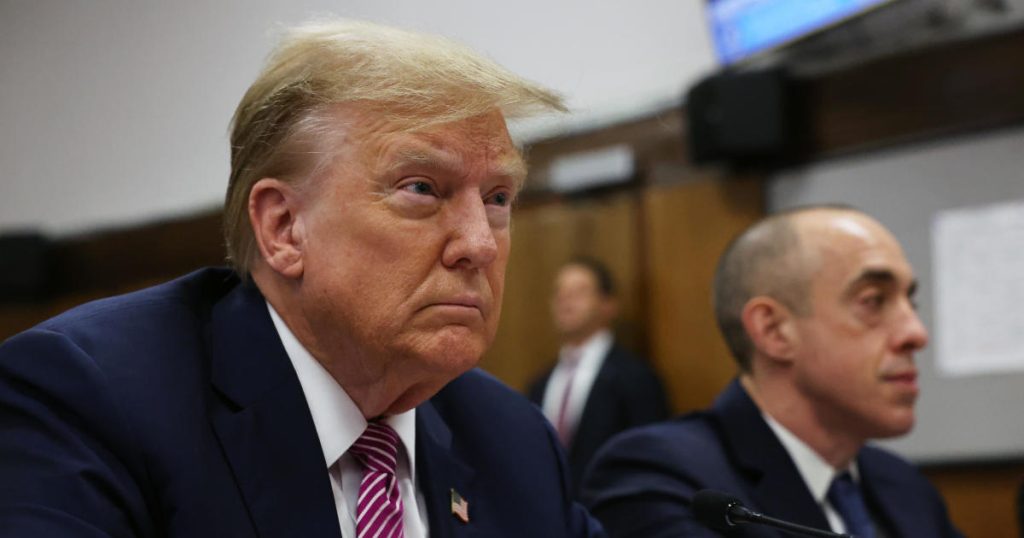The Supreme Court will hear arguments in the case Trump v. U.S. to decide if former President Donald Trump is entitled to immunity from federal prosecution for conduct that occurred while he was in office. The case, involving special counsel Jack Smith’s charges against Trump, will determine if the case will go to trial or be dismissed. A victory for Smith would impact the 2024 election if Trump decides to run for office again.
The case revolves around the question of whether a former president can claim immunity from criminal prosecution for acts they took while serving in office. The Supreme Court, with a conservative majority and three Trump-appointed members, will need to make a crucial decision that could have significant implications for future presidents and legal precedents. Trump is the first former president to face criminal charges in the nation’s history.
Two lower courts have already rejected Trump’s claim of immunity, stating that the criminal charges against him are not protected by his presidential position. Trump’s legal team argues that his actions after the 2020 election were official and not criminal. The unprecedented nature of this case has raised questions about whether a former president can be held accountable for actions taken during their time in office.
The special counsel, Jack Smith, contends that Trump’s actions were part of a scheme to subvert the transfer of presidential power and were aimed at keeping himself in office for a second term. The Supreme Court will need to determine if Trump’s alleged conduct falls under the protection of presidential immunity or if it is subject to criminal prosecution. Smith’s team argues that no president should be immune from criminal liability if they commit federal crimes.
Even if the Supreme Court rules against Trump’s claims of immunity, the delay caused by the case has already postponed the trial. The justices are expected to rule by the end of June, but the decision could have lasting implications for future presidents. The court will need to balance the need for accountability and the separation of powers with the potential implications of holding a former president criminally liable for their actions.


